He is certain the German foreign policy after the Cold war. Now Klaus Kinkel died at the age of 82 years. Is being considered as a “great Liberal.”
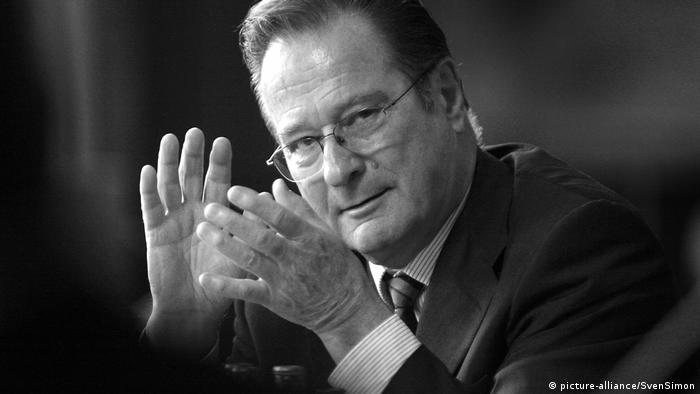
He was the man to Genscher. The Liberal Klaus Kinkel, who died on Monday at the age of 82 years, worked for decades at the side of the most important German Minister of foreign Affairs of the Bonn Republic. As Hans-Dietrich Genscher, resigned in 1992 after 18 years as a German chief diplomat back, followed him Kinkel.
Only one and a half years earlier, was from the political officials and top officials Kinkel, the 17. December 1936 born in Metzingen, South of Stuttgart, the politicians and top politicians Kinkel.
The first civilian to the BND top
He had previously directed, among other things, for almost four years with slow, but resolute style, the German Federal intelligence service (BND). He was the first civilian at the head of the German foreign intelligence service, and strengthened its capabilities.
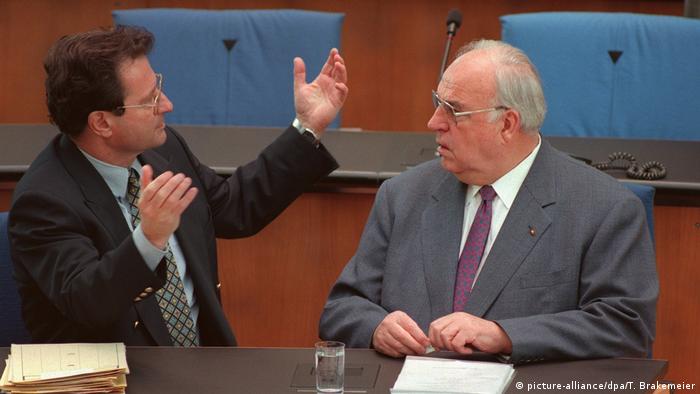
Under Chancellor Helmut Kohl (CDU), Klaus Kinkel of the end of 1990 to 1998, the Federal Minister
After the election, in early December 1990, the trained lawyer, had taken over first the leadership of the Federal Ministry of justice, in which he was already for several years as a non-party state Secretary. With mid-50, he was so Top-politicians: Minister for foreign Affairs, soon, Vice-Chancellor, in the meantime, from 1993 to 1995, also FDP Chairman, in the middle of it, also, member of the German Bundestag.
His two years at the helm of the FDP in an Episode remained. He was pushed into this office, in order to prevent a counter-candidate. “I didn’t have to be, although I was at all,” he said later in an Interview. And Kinkel was ultimately urged by real party politicians in the face of leaner election results for this office. He self-described himself as a “Swabian Rabauz”, “have probably always been applied as a sound and trustworthy”.
Germany and the world security Council
Kinkel, the German foreign policy in the period after the division of Europe after the Cold war. For the first Time, he formulated the offensive and repeated the call for a permanent German seat in the security Council. The body, so its a reminder, a reflection of the world at the end of the Second world war, “but not the growing importance of Japan and of the United Germany,” he said.

As foreign Minister, Klaus Kinkel, insisted on more international responsibility of Germany, also in the UN security Council
His plea was blocked by the established powers, the Western allies and was unsuccessful. But politically, it is still up to date. As Kinkel opened the debate, which was typical for him. He thought less in established political conventions, but in large lines. As someone who wanted a debate and you bottomed out because he considered them beyond the political constraints necessary expressed.
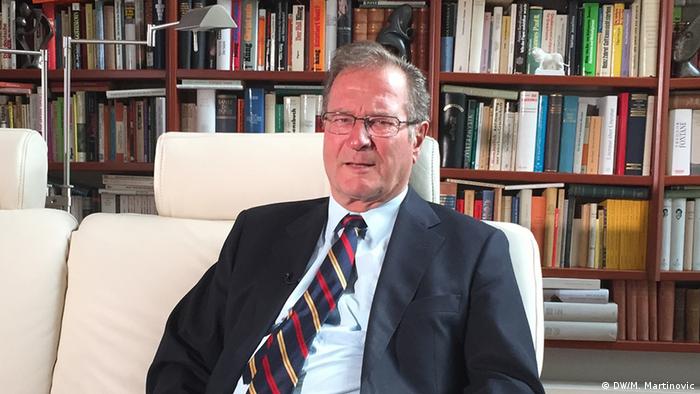
Klaus Kinkel, in an Interview to the German wave (2015)
In the spring of 2018, he spoke of the “Augsburger Allgemeine”, in perhaps its last major political Interview, to the increased responsibility of Germany in the world. “We are to observe often on the sidelines, criticize, give money,” he said as: “The restraint was in the post-war properly. But that time is over. The most recent example is the US-led intervention in Syria. The was not without some show effect, the Federal Republic of Germany as the largest economic power in Europe and Central power can’t be put in here anyway and say: we do not Find correctly, but we are.” His statement fits in to the debates around the role of Germany in the world and in Europe, with which the German policy is currently so difficult.
In Srebrenica “have failed me”
In retrospect, he even complained that it could work as the “foreign Minister of a great and rich country… too little”. This is certainly one of the most bitter hours of his tenure as chief diplomat, the massacre of around 8,000 Bosnian Muslims in Srebrenica during the Bosnia war in 1995, the worst war crime in Europe after the end of the Second world war.
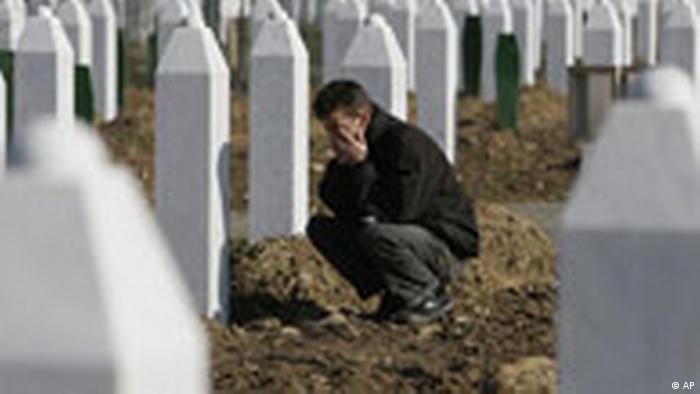
Place of shame in Europe – Srebrenica 1995, around 8,000 Bosnian Muslims were murdered
In 2015, he said, compared with the Bosnian programme of the Deutsche Welle: “In my eyes, the UN has failed, has failed, the NATO, the Europeans, have also failed me.(…) It is not understandable that – I have to say this now – the international community was not able to prevent this terrible carnage.” It is fitting that the Catholics in the past few years, the clearer the style of Pope Francis, he’s the birthday of 17. December 1936, informed, and whose “clear, personal language,” in basic questions of policy liked.
Angela Merkel: Klaus Kinkel was a great Liberal
“For us, a German Patriot and a great European exits,” said EU Commission President Jean-Claude Juncker to the death of Kinkel. As German foreign Minister, he had called “the Soft to the re-unified Germany in the heart of a United Europe”.
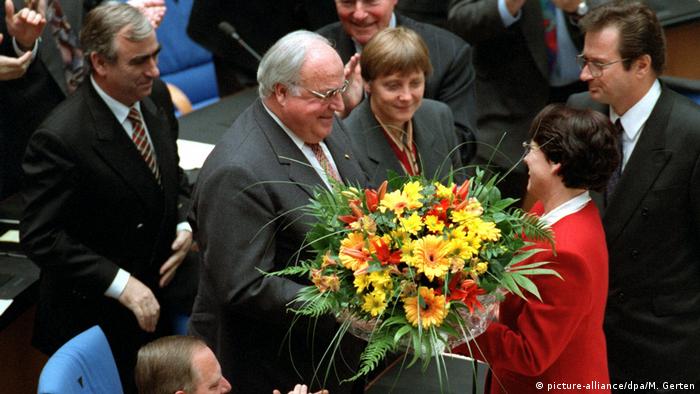
Under Chancellor Kohl (Mi.) Klaus Kinkel (re sat.) and Angela Merkel (along with cabbage) as a Minister at the Cabinet table
And Chancellor Angela Merkel, who sat with Kinkel from 1991 to 1998 in the Cabinet of Helmut Kohl paid tribute to him as a “loyal companions from the time after the German reunification. Klaus Kinkel was a great Liberal and an uncompromising fighter for freedom and democracy”.
“I wanted to decide when I go and had the feeling that now is the right time,” said Kinkel before his voluntary withdrawal from the Parliament with the Bundestag election of 2002. After that, he remained quiet political observers. He stayed in his own way, a part of the Bonn Republic. No autobiography, no excited days of political interventions, or internal party Stripping drawing, not a Tweet – and a residence at the gates of the former Federal capital.

